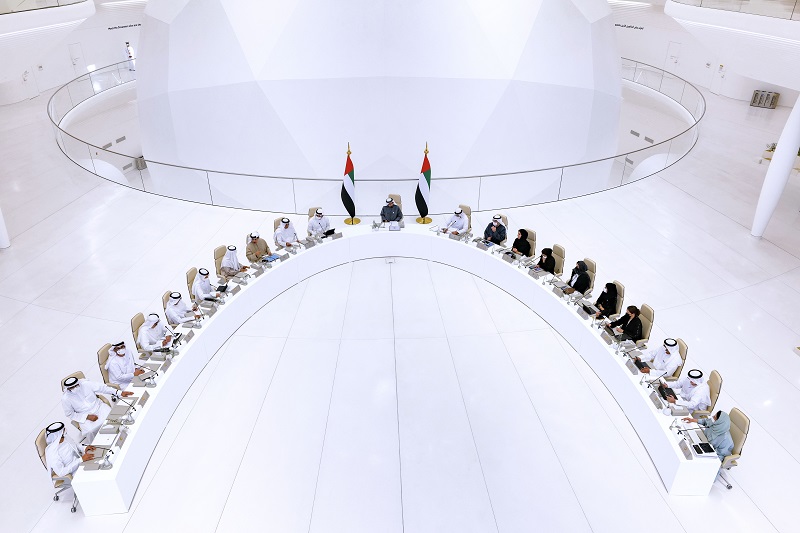
UAE Cabinet adopts policies to protect labor rights, spur Emiratization in the private sector
Focus on UAE citizens and Emiratization
Additionally, the UAE Cabinet approved a policy to support the Emiratization goals and plans of private sector companies, providing additional incentives for companies supporting Emiratization, and consolidating the partnership between the government and the private sector in this field.
Increasing the focus on Emiratization, the Cabinet emphasized the need to implement a first-of-its kind institutional Emirati ecosystem, which promotes the principles of tolerance and coexistence in working environments of all institutions in both the government and private sectors.
The UAE Cabinet also adopted a series of Emirati Technical regulations in several production and services sectors, aimed at unifying legislations and specifications within the GCC and with different countries around the world.
The Dubai Ruler Sheikh Mohammed bin Rashid said: “Citizens will remain the priority and the government will support them continuously in housing, development, education and economic, and labor opportunities. The government role is to establish a balance between our rapid economic growth and provide a better life for our citizens.
“At the Cabinet meeting, we also approved a number of international economic, security, and environmental agreements and an institutional ecosystem to promote tolerance and coexistence.”
Furthermore, the Cabinet approved a new policy of housing loans program in order to reduce the waiting period to receive the loans.
Sheikh Mohammed bin Rashid added: “We adopted a housing loans budget of $3.26bn (AED12bn) for the Sheikh Zayed Housing Program during the coming years. The aim is to fulfil accumulated and expected requests and reduce the waiting period during the coming years.”
Public-Private Partnership Initiatives
The UAE Cabinet meeting also approved a resolution to form the Emirates Council for Balanced Development, chaired by Sheikh Theyab bin Mohamed bin Zayed Al Nahyan, Chairman of the Abu Dhabi Crown Prince’s Court and member of the Abu Dhabi Executive Council.
The Council aims to develop plans, implement projects, and build government-private partnerships. It also aims to develop the UAE’s regions, providing opportunities for citizens and a better future for children.
The meeting was held at Expo 2020 Dubai, in the presence of Sheikh Maktoum bin Mohammed bin Rashid Al Maktoum, Deputy Ruler of Dubai and Deputy Prime Minister and Minister of Finance; Lt General Sheikh Saif bin Zayed Al Nahyan, Deputy Prime Minister and Minister of the Interior; and Sheikh Mansour bin Zayed Al Nahyan, Deputy Prime Minister and Minister of Presidential Affairs.

